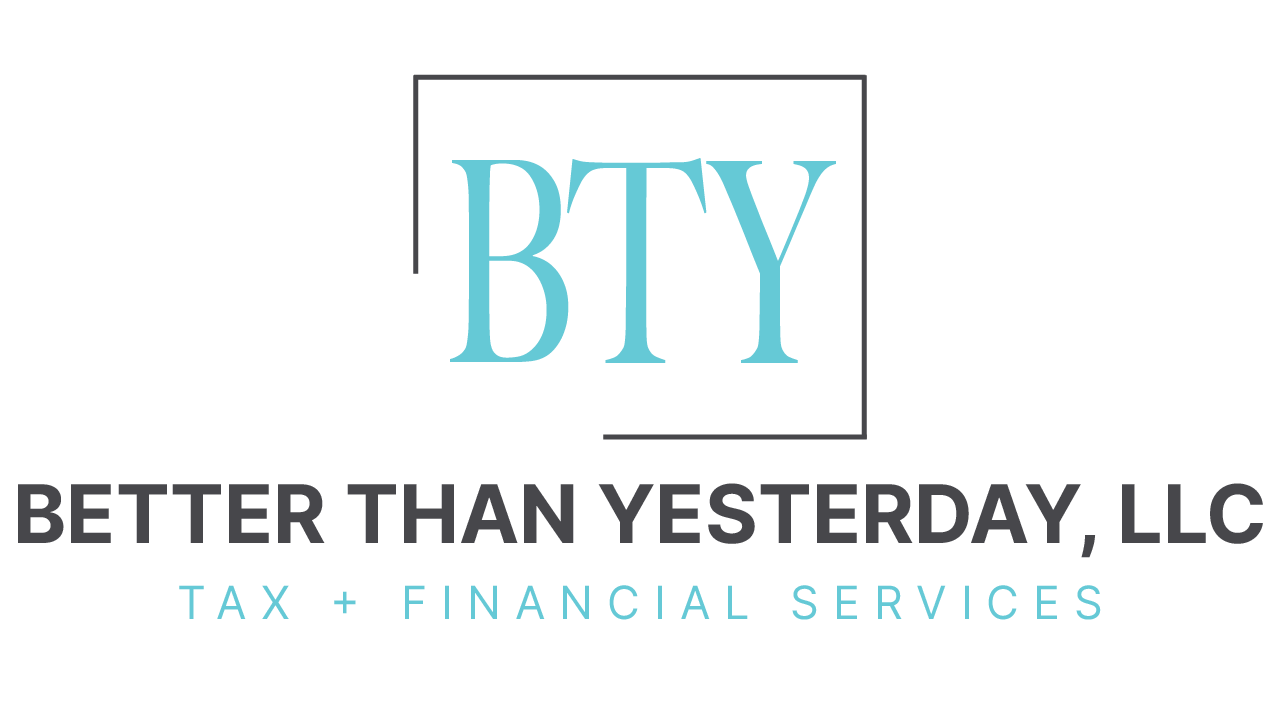When you file your tax return, you can claim credits and deductions to reduce your tax owed.
This is applicable to everyone that files a return, not just business owners.
If you’ve heard the terms tax credit and tax deduction, but don’t understand what the difference is, then keep reading to find out!
TAX CREDIT
Tax credits reduce the amount of tax you owe or increase your tax refund. Some tax credits may even give you a refund if you don’t owe any tax.
This is what some people may refer to as a “below-the-line” deduction. Since tax credits come after the Adjusted Gross Income is figured. You will typically see these tax credits summarized on the second page of your Form 1040 and in detail on the Schedule 3.


Here are some credits you may be familiar with:
- Child Tax Credit
- Recovery Rebate Credit
- Earned Income Tax Credit
- Child and Dependent Care Credit
- Adoption Credit
- Saver’s Credit (Retirement Savings Contribution Credit)
- Foreign Tax Credit
- Residential Energy Efficient Property Credit
- Plug-In Electric Vehicle Credit
- Premium Tax Credit
- American Opportunity Credit
- Lifetime Learning Credit
TAX DEDUCTION
A tax deduction reduces the amount of your income before you calculate the tax you owe.
This is why people refer to deductions as “above-the-line” since they are subtracted from your income before the Adjusted Gross Income is calculated.
You will see these deductions as a summary on page 1 of the Form 1040 or in detail on the Schedule 1 Part II.


Here are some deductions you may be familiar with:
- Standard Deduction
- Itemized Deduction
- Teacher Educational Expenses
- Health Savings Account
- Moving Expenses
- Self-Employment Deductions
- Individual Retirement Arrangements (IRA) Deduction
- Student Loan Interest Deduction
- Tuition and Fees Deduction
Even though you probably have a tax preparer taking care of these deductions and credits for you, it’s always a good practice to stay knowledgeable on what tax savings apply to you.
Your tax preparer may not realize that you get a certain deduction or credit since they only see what you provide them.
Staying educated can help you maximize your tax savings since you know your life better than anyone else – including your tax preparer!
So, follow along this tax season for more tax tips from the Better Than Yesterday blog!
All videos are made with Animaker, sign up for free today!






